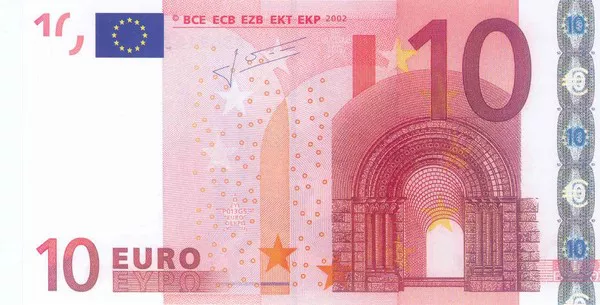The euro has been steadily gaining strength against the US dollar over the past few years, leading many to wonder why this is happening and what it means for the global economy. In this article, we will explore the reasons behind the euro’s recent surge in value and examine the economic factors that have contributed to its strength.
The Eurozone Economy:
One major reason why the euro has become stronger than the dollar is the relative strength of the Eurozone economy. The Eurozone is a union of 19 European countries that use the euro as their official currency. It represents one of the largest economic regions in the world, with a combined GDP of more than $16 trillion.
In recent years, the Eurozone has experienced a period of steady economic growth, fueled by low interest rates and government stimulus programs. This growth has led to increased foreign investment in the region, which in turn has boosted demand for the euro. Additionally, the Eurozone’s relatively stable political environment and well-regulated financial system have made it an attractive destination for investors seeking a safe haven for their money.
Trade Surplus:
Another factor contributing to the euro’s strength is the Eurozone’s trade surplus. A trade surplus occurs when a country or group of countries exports more goods and services than it imports. In the case of the Eurozone, the region has consistently run a trade surplus with other nations, including the United States. This means that there is a high demand for euros in international trade, which has driven up the currency’s value.
Inflation and Interest Rates:
Inflation and interest rates are also important factors that affect the value of a currency. Generally speaking, higher inflation rates lead to a decrease in the value of a currency, while higher interest rates can increase its value.
In recent years, the Eurozone has maintained a lower inflation rate than the United States, which has helped to bolster the value of the euro. Additionally, while interest rates in the Eurozone have been low, they have remained higher than those in the United States. This has made the Eurozone a more attractive destination for investors seeking higher returns on their investments.
Political Uncertainty:
Finally, political uncertainty can also play a role in currency fluctuations. In recent years, the United States has experienced a great deal of political turmoil and uncertainty, including a contentious presidential election and ongoing trade disputes with other countries. This uncertainty has led some investors to seek out more stable investment opportunities overseas, including in the Eurozone.
The Strongest Currency in the world:
The Kuwaiti dinar is the strongest currency in the world with 1 Kuwaiti dinar buying 3.26 US dollars (or, put another way, US$1 equals 0.31 Kuwaiti dinars).
Kuwait is located between Saudi Arabia and Iraq, earning much of its wealth from being a leading global exporter of oil. The Kuwaiti dinar was introduced in the 1960s and was initially pegged to the British pound before being re-pegged to an undisclosed basket of currencies.
Conclusion:
The strength of the euro compared to the dollar is due to a combination of economic and political factors. The Eurozone’s strong economy, trade surplus, lower inflation, and higher interest rates have all contributed to increased demand for the currency. Additionally, the region’s relatively stable political environment has made it an attractive destination for investors seeking a safe haven for their money. While the current trend may continue, it is important to remember that currency values can be volatile and subject to sudden fluctuations based on global events and economic conditions.


